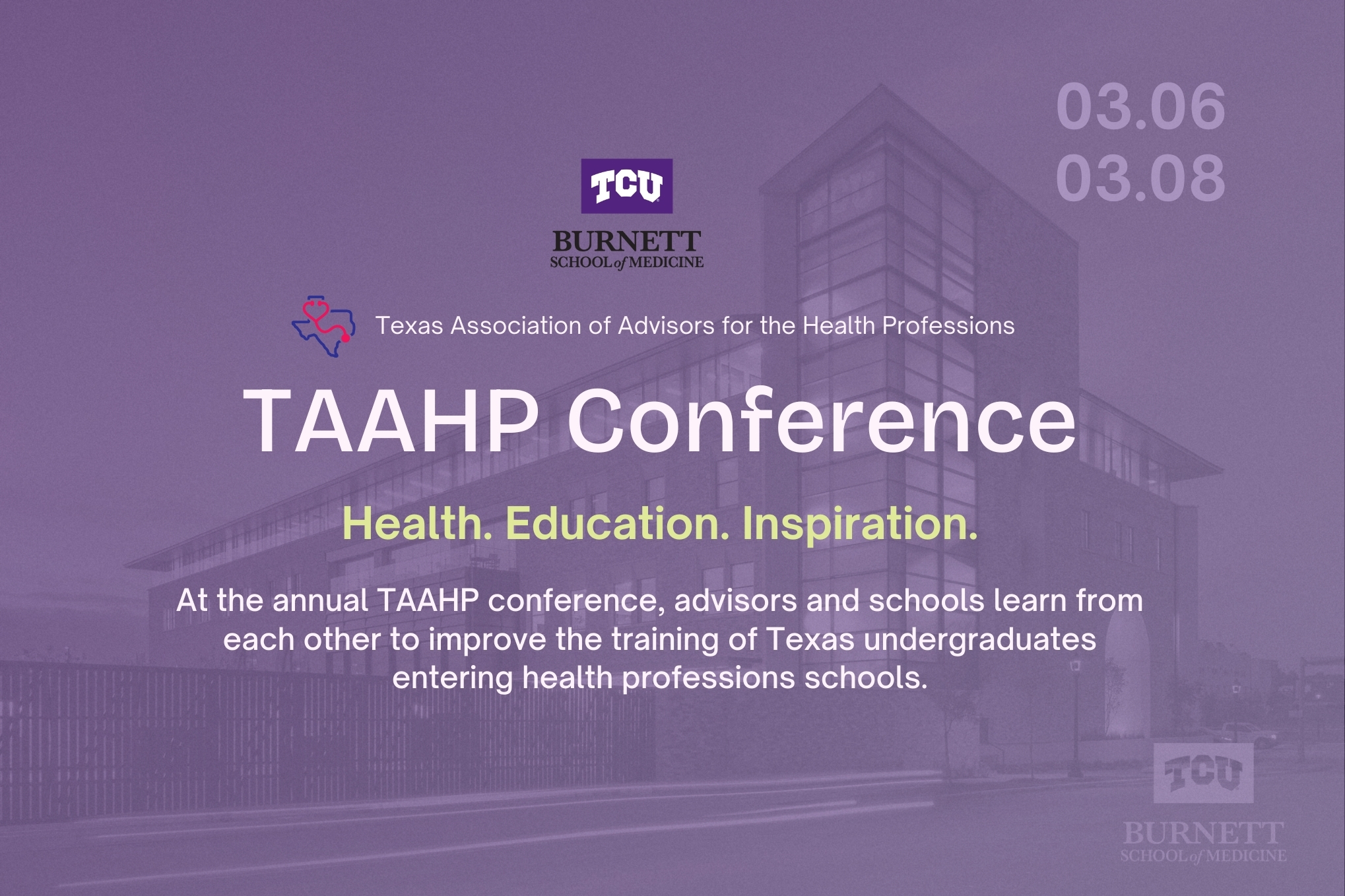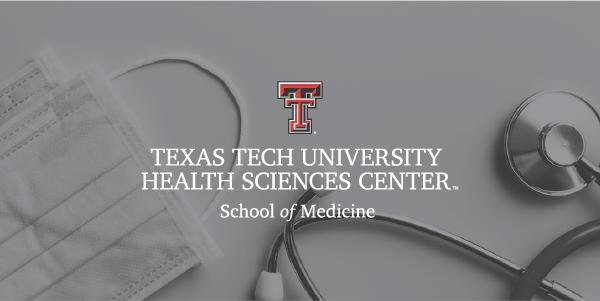Building Partnerships Nationwide to Expand Access to Health Professions
The Texas Health Education Service (TXHES) has been actively listening to the feedback
from member institutions to address the issues facing the recruitment and engagement
of prospective health professionals. This feedback has opened the door to strategic
collaborations with national organizations, ensuring that Texas plays a vital role
in supporting national initiatives and reinforcing interest in health professions.
Harnessing Institutional Feedback
The insights and feedback from TXHES member institutions have highlighted several
critical areas needing attention:
- Recruitment Challenges: Institutions have identified the need for innovative recruitment strategies to attract
a diverse pool of applicants to health professions.
- Engagement Strategies: There is a growing demand for engaging and retaining students in health profession
programs through enhanced educational experiences and support systems.
- Resource Allocation: Institutions have emphasized the importance of access to national resources and support
to improve educational outcomes and professional readiness.
Strategic National Collaborations
Building on this feedback, TXHES has established strategic partnerships with national
organizations, focusing on bringing innovative solutions and resources to Texas while
contributing to broader national initiatives. Key partnerships include:
- Medical Education Innovation: Collaborating with the Association of American Medical Colleges (AAMC) to investigate
new technologies and helpful tools and resources such as the PREview exam in medical
education admissions, which lead to improved learning outcomes and patient care.
- Advancements in Dental Education: Partnering with the American Dental Education Association (ADEA) to promote reporting
in dental education and enhancing opportunities for applicants to outline dental experiences.
- Podiatric Medicine Growth: Working with the American Association of Colleges of Podiatric Medicine (AACPM) to
address the growing need for podiatrists, especially in underserved areas, by amplifying
national resources to the Texas pre-health community.
- Veterinary Education Expansion: Expanding focus on increasing the opportunities to support a growing number of aspiring
veterinarians, particularly in rural and underserved regions, through innovative outreach
strategies such as the Dean's Corner series on preparing for interviews.
Bringing National Initiatives to Texas
Through these partnerships, TXHES is actively supporting national initiatives that
align with the needs and feedback from member institutions:
- Awareness Campaigns: Joint campaigns with national partners to raise awareness about various health professions
and their importance in public health, attracting interest and informing the community
about career opportunities.
- Outreach: Developing outreach campaigns in collaboration with national organizations to encourage
students at various education levels to consider careers in health professions and
providing necessary resources and support.
- Collaborative Projects: Engaging in collaborative projects with national organizations to bring innovative
solutions and resources to Texas’s pre-health community both virtually and at the
TAAHP Conference, addressing specific challenges and opportunities within the state.
TXHES’s strategic use of institutional feedback to forge partnerships with national
organizations underscores its commitment to enhancing the pre-health community in
Texas. By aligning with national initiatives and leveraging collective expertise,
TXHES is paving the way for a well-prepared and diverse healthcare workforce ready
to meet the state's needs. These collaborative efforts ensure that Texas remains at
the forefront of health professions education, benefiting both the local and national
healthcare landscape.

About the author: The Texas Health Education Service amplifies TMDSAS and JAMP’s missions to serve students, collegiate advisors, and professional schools in Texas by providing students with accurate educational resources to enhance their preparation for a career in the health professions, and supporting efforts by advisors and professional schools to reach students and enrich the applicant pool.




